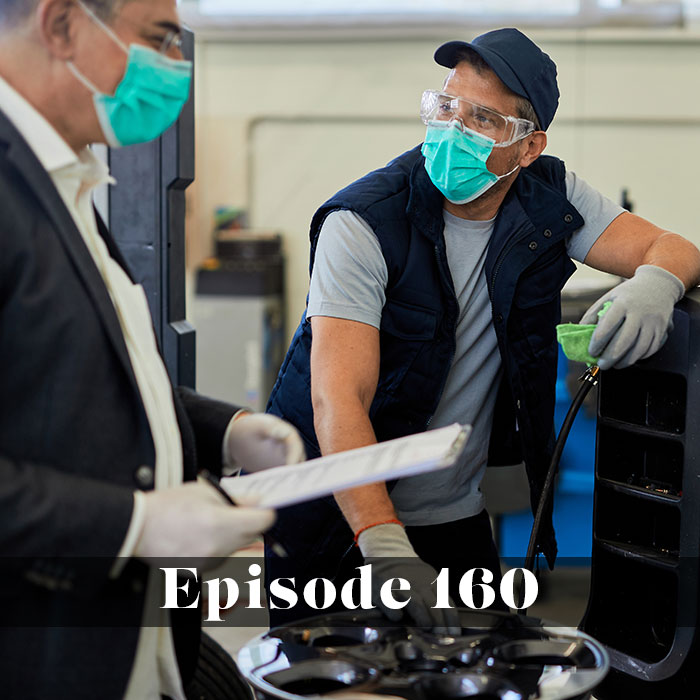In this episode, host Carole Dorn-Bell speaks with Dr. Lou Kramer, superintendent of London City Schools in Ohio, about the importance of change in schools. They discuss some strategies to help make change as simple as possible.
For the past four years, Lou has served as superintendent of London City Schools, which he likes to say is a “large small district,” with 2,200 students and 250 staff members.
Being on the outskirts of western Columbus, London and Madison County are experiencing population growth and on the verge of significant change, he says. That means leaders have to anticipate and plan for the changes.
Lou talks about being a “public problem solver” and having the best job in the world.
He realized early in his career that leadership is about setting a course of action but, “equally important, it’s about interacting with people and solving problems and being able to adapt to the changing variables of an organization.”
Lou talks about how every district is driven by finances.
He recalls working for a district that had deficit spending. The leadership team thought they could manage it but, six months into his tenure, he learned they were going to settle a tax appeal with a large company—resulting in two-dozen layoffs in seven months.
“So that change really made me pivot, from a leadership standpoint, from trying to advance some of the strategies that I thought were important at the time to really protecting some of the district’s resources and thinking a little bit different about those things,” he says.
Besides finances, Lou says he thinks about people—students, staff, parents.
“Finally, changes to federal and state laws—and funding—certainly is a big source of change for school districts,” he says.
Carole asks how the changes influence how he leads.
“I think you really have to know your organization, and I think that is, first and foremost, the most important thing,” he says. “Not all schools districts will have the financial challenges that, say, one school district may have.”
Lou discusses the importance of establishing expected norms. One is they do things on purpose, they have a plan to try to sustain individual and organizational growth. The next aspect is understanding that change happens. So overall, creating a culture that understands that dichotomy—you want to have a plan but also that plan can change.
Lou says it’s important to get off “that default of, ‘this is how we’ve always done it.’”
That means understanding a purpose for past practices, but being open-minded and being able to objectively evaluate a new way of doing things is essential to personal growth.
Carole asks what happens when principals are unwilling to change or don’t understand the importance of change in schools.
“I think this, first and foremost, is one of the hardest things as a leader,” he says. “Understanding that my job is about helping individuals grow and… if that’s effective, we’re going to see large organizational growth as well.”
Lou says you have to give folks as many opportunities as possible, but you also have to have the wherewithal as a leader to take on tough conversations—and to make staffing changes if necessary.
Carole asks how everyone can deal with change effectively.
“We mentioned being open-minded, I think that’s really important,” Lou says. “The other aspect is understanding that change is a part of life. I certainly want to prepare students with skills… but as part of that process, they have to be very effective problem solvers, and that means dealing with change. It’s a part of life.”
Closing out the episode, Lou recommends the book FYI: For Your Improvement, A Guide for Developing and Coaching, by Michael M. Lombardo.
Lou can be found on Twitter at @drloukramer.
Got a question or topic you’d like covered in an upcoming We Love Schools podcast? Email us at info@weloveschoolspodcast.com
First time listening to We Love Schools? Learn more about our weekly podcast.
Interested in learning more about how the Allerton Hill Communications team can help your school with communications? Contact us today.






